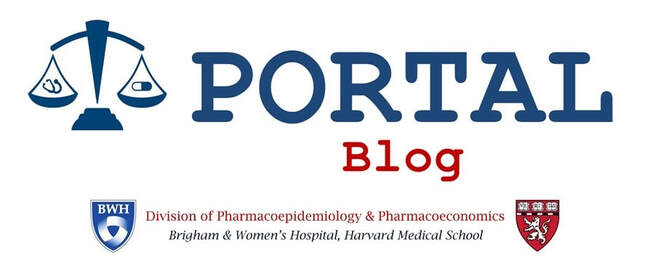|
Changwon C. Lee
Biologic drugs are among the most expensive prescription drugs in the US, accounting for nearly 40% of all prescription drug spending. In 2010, Congress passed the Biologics Price Competition and Innovation Act (BPCIA) to create an abbreviated regulatory approval pathway for biosimilars, which are products that show high similarity to “originator” biologics and exhibit no clinically meaningful differences in safety, purity, and potency. By reducing the time and cost of biosimilar entry, the BPCIA intended to promote competition and curb spending. To date, however, the success of the BPCIA pathway has been limited, and only a small number biosimilars are currently available in the US. A new study by researchers at PORTAL, published in Mayo Clinic Proceedings, estimated the development times of US biosimilars under the BPCIA. Using a commercial pharmaceutical pipelines database, the authors identified 40 biosimilars that initiated phase I or I/II testing in the US between 2012 and 2015 and recorded their trial lengths and phases. The study found that nearly all forty biosimilars underwent phase III testing with an average trial length of 22 months. For 20 biosimilars that had been approved by October 2019, the median time from initiation of phase I testing to approval was 69.9 months. The BPCIA pathway was intended to accelerate biosimilar approvals, yet in the first 3 years of its implementation, most biosimilars underwent phase III testing and took almost 2 years to complete. Such levels of extensive testing likely contributed to limited biosimilar market entry, limiting price reductions. There may be opportunities for improving the efficiency of pre-approval testing for biosimilars. The FDA has already made important strides in this regard. If further efficiency isn’t feasible, subsidies for pre-approval biosimilar clinical testing may be warranted to ensure sufficient market entrants and thus improve patient access to affordable biotherapeutics. Comments are closed.
|
AuthorPORTAL Blog posts are authored by PORTAL faculty, trainees, and collaborators. Archives
January 2022
Categories |
|
Program On Regulation, Therapeutics And Law (PORTAL)
Division of Pharmacoepidemiology and Pharmacoeconomics 1620 Tremont Street, Suite 3030 Boston, MA 02120 |



 RSS Feed
RSS Feed
